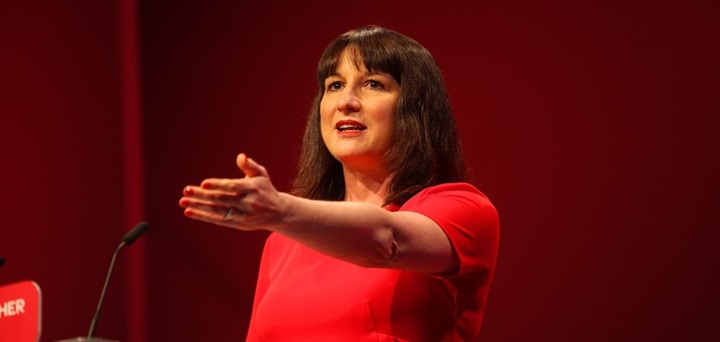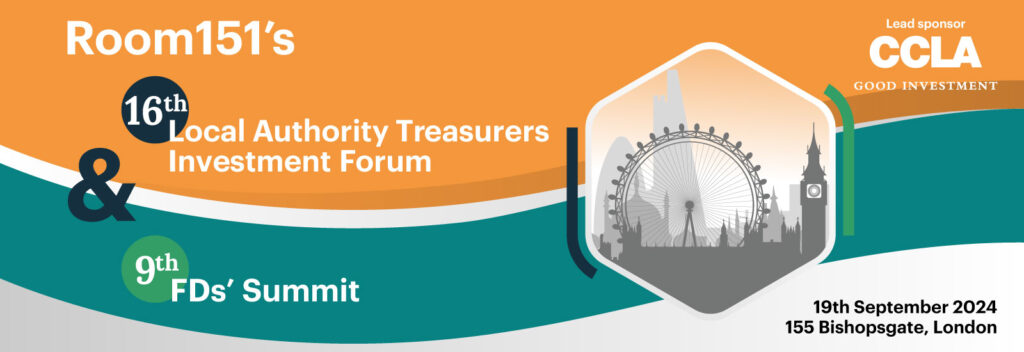Major holes in local government, NHS and prison budgets remain following the chancellor’s statement to the House of Commons yesterday (29 July), which “need action in the short term”.
That’s according to Richard Harbord, the former chief executive of Richmond and Hammersmith & Fulham councils, who has delivered an assessment of Rachel Reeves’ statement to Room151.
However, Harbord did state that the announcement of spending reviews “will be invaluable going forward”. A one-year spending review will be carried out this autumn, followed by a more comprehensive multi-year spending review next spring and a commitment to hold a three-year spending review every two years.
That sentiment was echoed by Institute for Fiscal Studies (IFS) director Paul Johnson, who welcomed changes to the spending framework.
In a response to the statement on the IFS website, Johnson said the “root of the problem” had been that the 2021 spending review “set budgets at a time when inflation and public sector pay awards were expected to be in the region of 2-3 per cent per year. Those planning assumptions were blown out of the water, but Treasury allocations have not kept up. Holding a three-year spending review every two years will be an improvement.”
Johnson also stated that there “will need to be some big fiscal decisions in the autumn”. He added: “Something will have to give. That was true three months ago and it’s even more true now.”
Max Warner, research economist at the IFS, predicted that there would “need to be substantial top-ups to [government department] budgets this year”.
He said that the statement “essentially leaves us none the wiser” on the future of public service spending, and what lies in store for unprotected departments.
“We don’t know the extent to which the spending pressures set out today will prove to be permanent. And we don’t know the extent to which top-ups to budgets for 2024–25 will feed through to future years,” he said. “In some cases, such as public sector pay, we should clearly expect these increases to be permanent. For a chancellor with a debt target and a promise not to raise taxes on working people, this could spell fiscal trouble.”
Richard Harbord: ‘extent of difficulties no surprise’
Commenting on the chancellor’s “wide-ranging” statement on public finances “aimed at dealing with a £22bn hole bequeathed to her by the previous government”, Harbord said: “I think most of us working in local government had spotted that things were not going well and so the extent of the difficulties is no surprise. More important is how this actually works out over the next five years.
“In the immediate future the chancellor has taken steps to cut the deficit by £5.5bn in this year and £8bn next.
“There are some good things in this statement going forward. The promise to have open transparency between Treasury and the OBR is very welcome although many may have assumed that was a given. There is to be another body set up called the Office for Value of Money to improve value for money and a Covid Corruption Commission to recover Covid moneys given which should not have been.
“I can’t help wondering what the future of Oflog is except that it will only deal with local government, not the wider public service.”

Harbord also noted the chancellor’s announcement that the government is accepting pay review bodies’ recommendations in full and has made an offer to junior doctors of 22% – all unfunded commitments.
“All government departments are required to absorb as much of this £9bn as possible including 2% in back-office savings. This is obviously likely to impact local authorities in some measure,” he said.
Harbord continued: “Levelling up is buried. Not a single project from the Investment Opportunity Fund has had support. This fund is cancelled; this was £150m.
“There is to be a review of £800m of unfunded transport projects, including rail projects, [and there] will be a complete reset of the New Hospitals programme, which is really no surprise.”
Harbord also noted that, regarding taxation, it was reiterated that there would be no increases in NIC, income tax or VAT but “there have been hints about reforms to capital gains tax”. Finally, Harbord said £1bn would be saved by not taking forward charging reforms for social care.
He concluded: “None of this really means in my opinion any immediate improvement or help. The budget will help with 25/26 and the spending reviews will be invaluable going forward. There has not been one since 2021. But there are still major holes in local government, NHS and prison budgets which need action in the short term. This statement was largely about capital schemes. We will see how far the rest can be solved on 30 October.”
More reaction to the chancellor’s statement can be found here.
—————
FREE bi-weekly newsletters
Subscribe to Room151 Newsletters
Follow us on LinkedIn
Follow us here
Monthly Online Treasury Briefing
Sign up here with a .gov.uk email address
Room151 Webinars
Visit the Room151 channel














